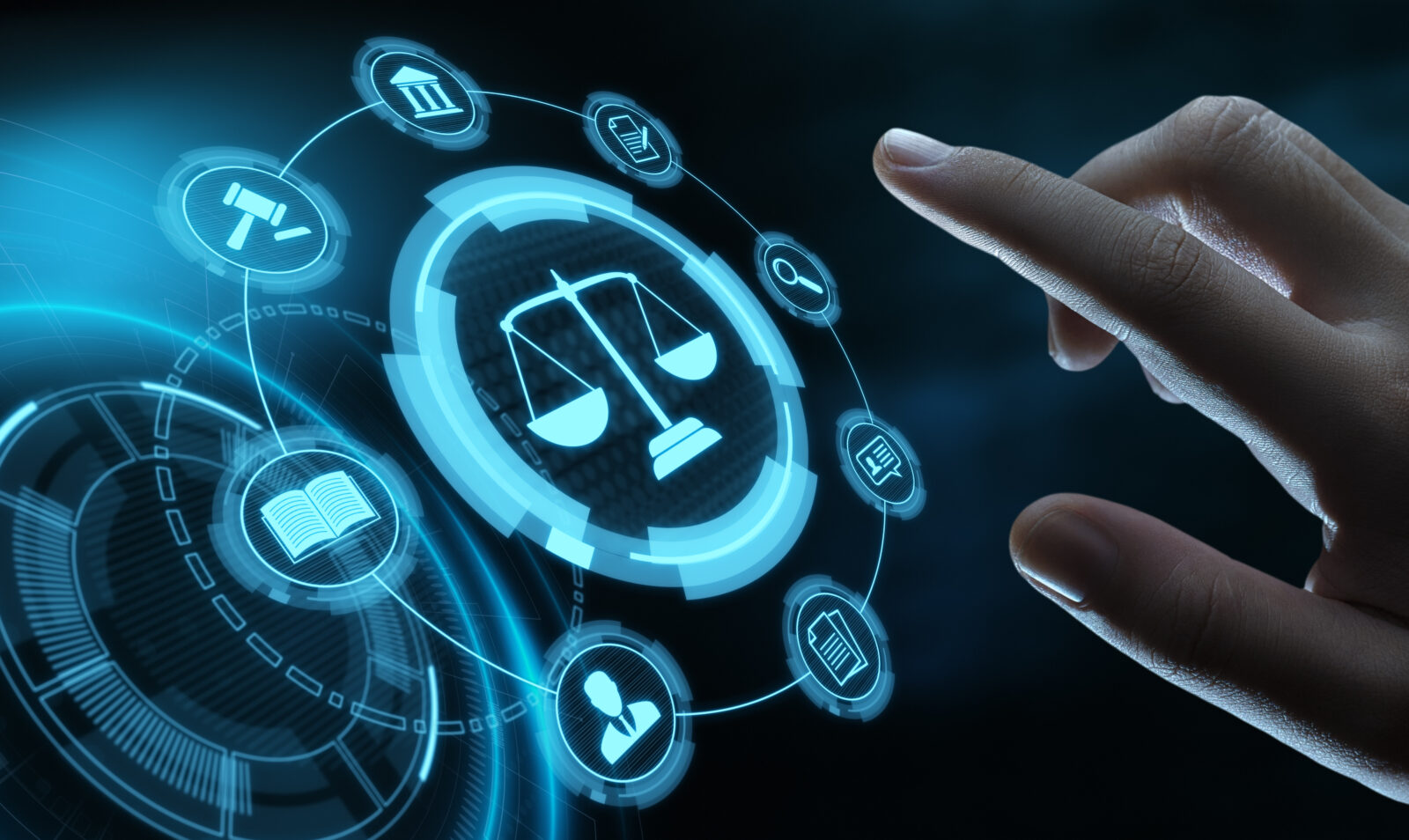Individuals, not Governments, Should Shape Internet’s Future
Published in Seattle Post-IntelligencerThe two traits that have always distinguished the American character are a fierce insistence on personal liberty and “Yankee ingenuity.” Both live on brightly in the Internet, the winning future of communications and commerce. Forget Al Gore’s industrial era image of “the information superhighway,” conjuring up visions of interactive televisions and a big regulatory job for government. The concept isn’t big enough or open enough for what the Internet already is becoming.
The Internet began as an obscure Defense Department communications project a quarter of a century ago, but for the past twenty years it has been changing in form and content. It is no longer a government network tying computer users together, but a worldwide network of many networks, free and open to all, and increasingly easy to access. There is no monopoly potential to it, so government’s excuse to regulate it is almost nil.
More than 40 million people presently use the “Net”, some just for electronic mail. However, 22 million of them also use it for research, education, buying and selling, video-conferencing, publishing, or simply seeking information in text and motion pictures from around the world. With the number of “domains” — Net locations you can contact — growing about seven thousand a month, and with numbers of users doubling annually, the Internet is a whole new communications revolution. Further, its low cost general offerings are greatly enriched by various for-profit services and software products that, in turn, help America’s economy to expand.
But (good news for lawyers, alas) there are legal problems on the Net. If the Internet it to continue to flourish, these problems must be met head on.
When businessmen, attorneys, techies, academics and government officials meet in Seattle for the first International Internet Law Symposium later this month, they will be responding to a sense that Internet service providers and users need to find answers to certain legal issues before the government does.
A government-run Internet is no more in the public interest than a monopoly-run Internet. But neither is a lawless Internet.
For example, this column belongs to the Seattle Post-Intelligencernow and, per agreement, to me later. In a few days I’ll put it on the Internet “home page” of my think tank and make it available to readers all over the world (I can dream, can’t I?). But what if someone plagiarizes it? Or simply reprints it and sells it commercially?
Yes, I know, “Who cares?” Well, if it were not a column, but, say, a book – say, your book – you might care a lot.
So, copyright law has to apply somehow to the Internet.
And so do other property rights, including the right to protect one’s reputation. Who, for example, owns e-mail within a company? What are standards of libel in cyberspace?
Or take the issue of gambling, which is now illegal in most states, with certain exceptions. A huge battle is building over a proposal to provide Bingo and other gambling on the Internet, organized through a Native American company, Multimedia Games, Inc., in Oklahoma, and operated through outlets on reservations nation-wide. How can gambling be controlled when state and eveninternational borders mean nothing? Among other things, how can it be taxed?
Like most legal disputes, these involve both important principles and practical trade-offs.
Pornography is another example. When both models and customers may be children–including children receiving unsolicited filth through the Internet–the principle of offended “community standards” normally would be invoked. But what is the “community” in this case: Seattle? The world? The “community” of Internet users?
Then there is the related problem of persons inventing false identities and deploying the Internet to attract gullible minors to real life sexual encounters.
Any added legal sanctions, of course, must be understood as complimenting, not contradicting, other important values, such as privacy and free speech. Fortunately, law enforcement is getting into the field in both a vigorous and reasonable way. Which raises the question, do we need new laws in this area, or just common sense extensions of the ones we have?
The trend towards digitized cash is yet another story. Banking is heavily regulated now and while many of us are intrigued by the trend toward commercial transactions conducted over the Internet, unless people have good assurances of security, such innovations won’t succeed. Unfortunately, federal law presently prevents U.S. businesses from encrypting their transactions internationally.
In any case, transfers of money electronically, as ATM’s have shown in a modest way, do not have to be fail-safe. They just need to be as safe as transactions that use cash or checks. In a few years, cash in your wallet may be almost as rare as a silver dollar. Money will move internationally the way it moves around town now. Ah, but when all that happens, what becomes of the IRS?
All of these questions are fascinating to discuss and deliberate. But first, one major medium for discussing them, the Internet iteself, needs to be better understood. At the moment, while the telecommunications bills before Congress move in the direction of a freedom model, they still ignore the Internet.
Ordinary people should shape the exciting future of the Internet. Government’s job is simply to be sure that the laws that keep normal commerce reliable and free also protect the Internet. But, even that job is going to require careful foresight.
